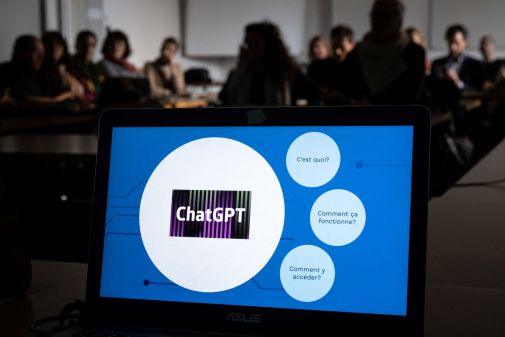McGraw-Hill developing augmented-reality apps to improve learning outcomes in chemistry courses

Publisher McGraw-Hill announced a new initiative Tuesday in collaboration with Michigan-based edtech startup Alchemie to co-develop augmented reality and 3D-learning tools for mobile devices to teach college-level chemistry.
Funded by a grant from the National Science Foundation, the initiative aims to drive more active learning and to improve learning outcomes in introductory chemistry courses, which according to McGraw-Hill, often have high failure rates, especially among underserved student populations.
“Augmented reality enables students to immerse themselves into educational concepts, bringing these concepts closer to reality,” Scott Virkler, a McGraw-Hill executive told EdScoop. “Today’s students want to engage with advanced technologies that make the learning experience more dynamic and effective.”
The AR tools will be available on both Apple and Android mobile platforms, and will eventually be embedded into McGraw-Hill’s digital courseware and learning platforms. But having just entered the research and development phase of the project, McGraw-Hill said that the two organizations will co-develop and test mobile AR tools for the general chemistry curriculum over the next year.
“After this moves out of the R&D phase and into a fully developed product, we’ll continue our research to evaluate its effectiveness,” Virkler said. Eventually, these tools may help solve challenges in other course areas if they prove effective, he said.
McGraw-Hill said it hopes that this research will help millions of learners improve their success rates and broaden the array of students who pursue STEM careers. By going beyond memorizing facts, students will be able to develop an understanding of course content at a deeper and more conceptual level, the publisher said.
“We believe that with the right combination of technology, content and pedagogy this tool has the ability to have a significant impact on students in the future,” Virkler said. “AR does not replace other effective technology resources, but rather enhances the experience and the ability to reach a variety of different students with diverse learning modalities.”





